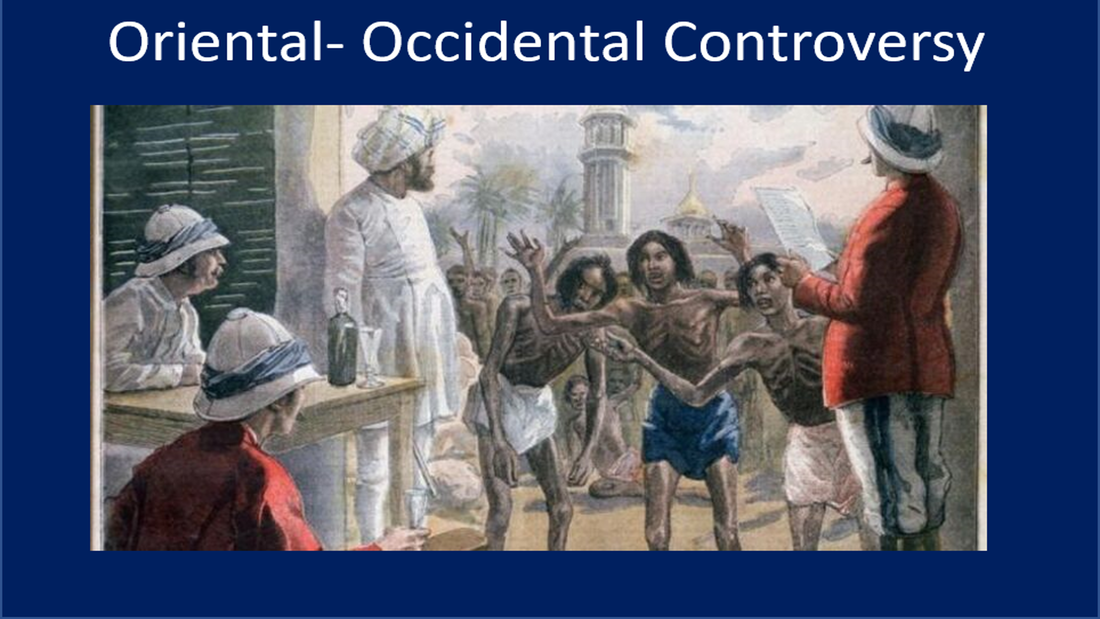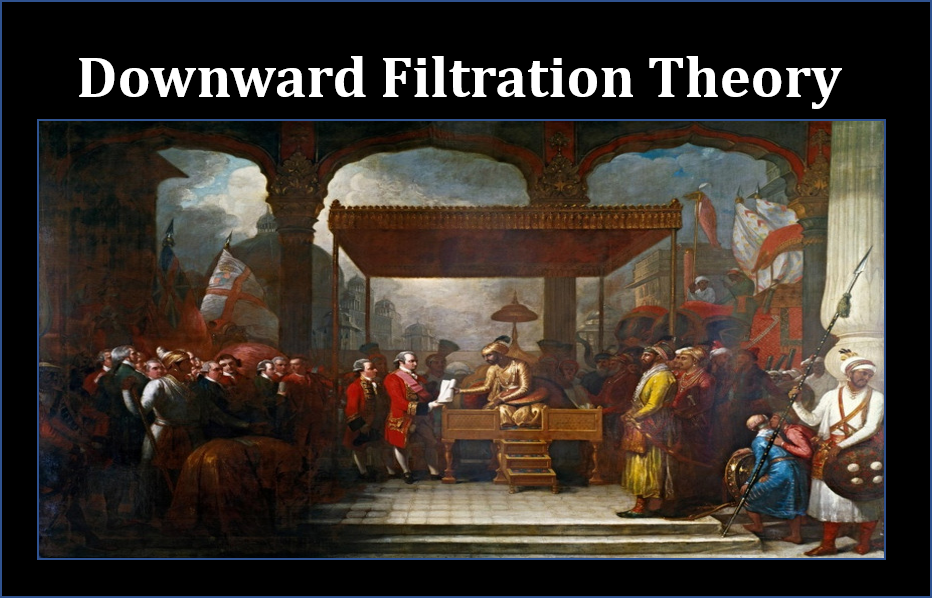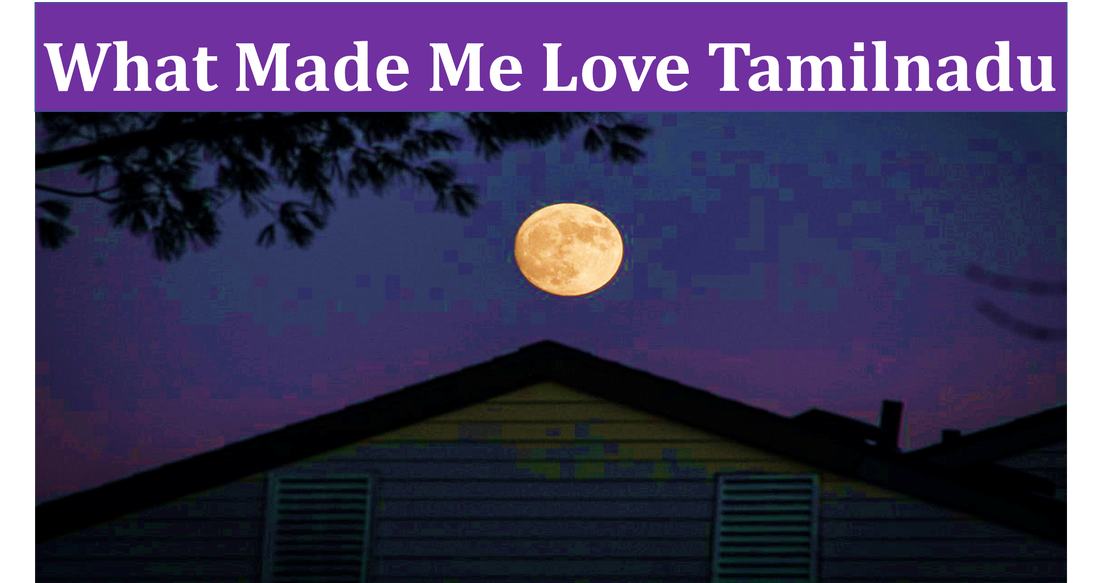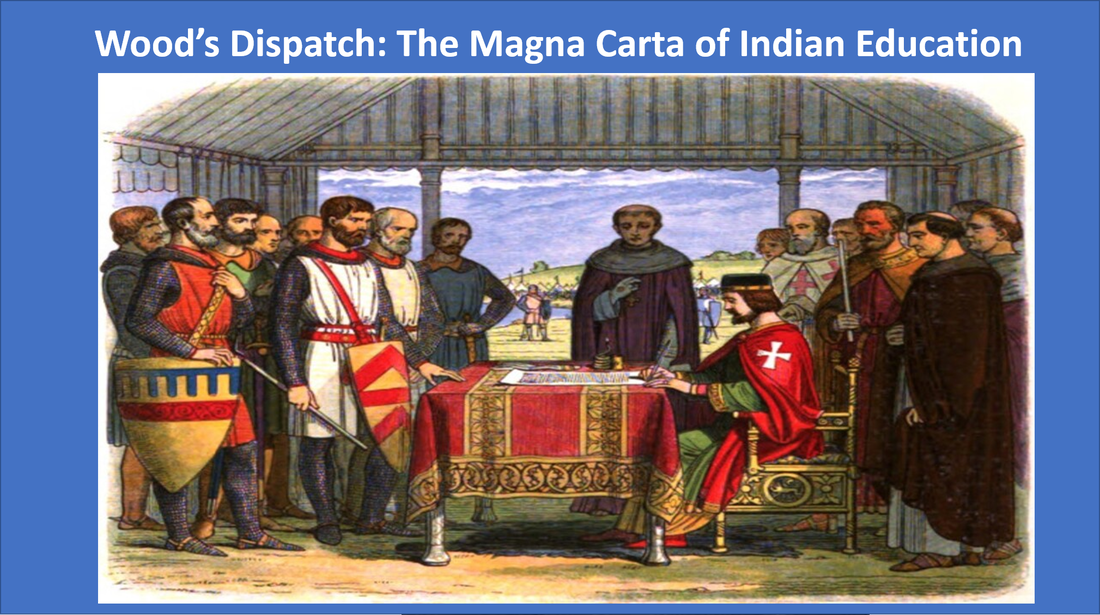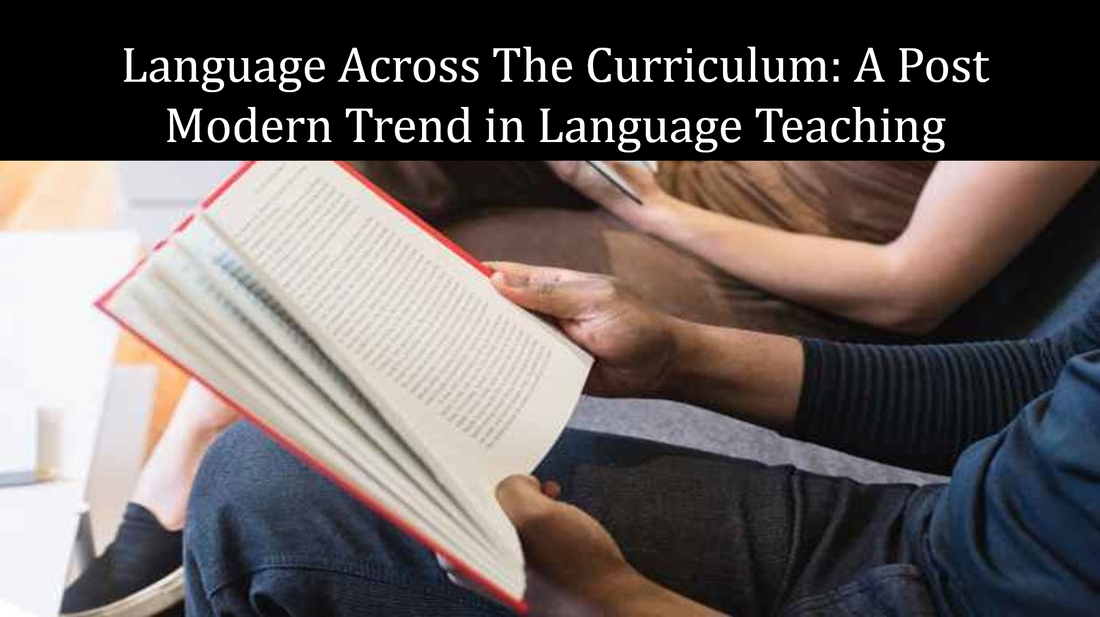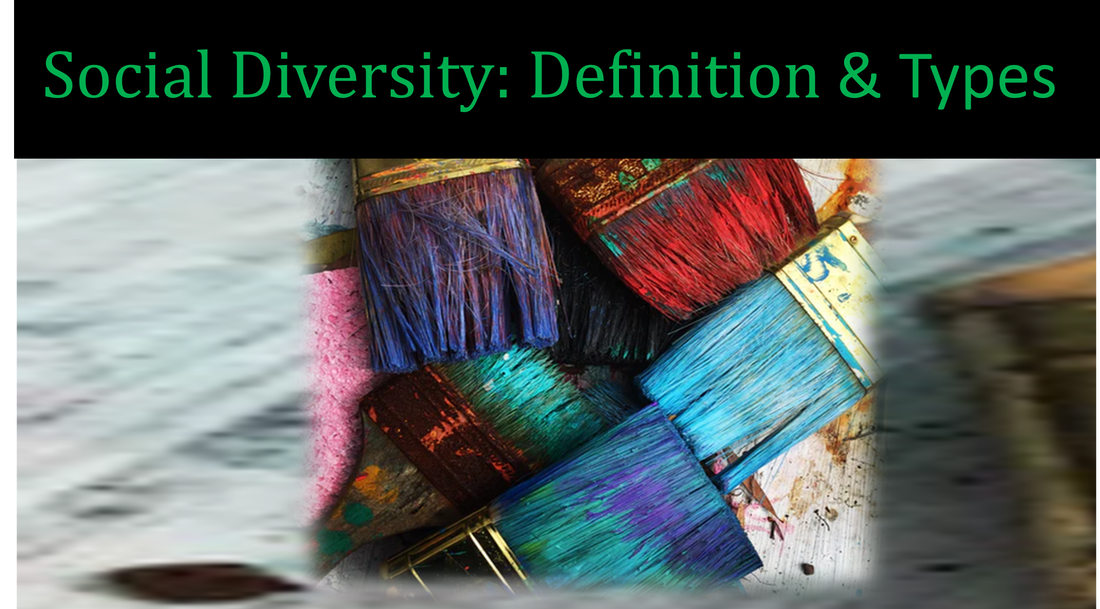|
Nowadays we happen to see birth of online shopping sites just as mushrooms spring up. Have you ever thought about the first online shopping site? Have you ever thought about that particular person who imagined about creating web platforms for online selling and purchasing? This article invites you to have a voyage back to the interesting history of online selling sites.
1979 – It all began when Michael Aldrich, an English inventor, innovator and entrepreneur started something called online shopping. It was the commencement of the history of online business transactions. Using videotex, a two-way message service, he was launching something which brought radical changes in the field of business, though he mightn't have imagined so. We call it now as e-commerce, online shopping, and e-business. Michael Aldrich connected a domestic television by telephone line to a real-time transaction processing computer and started the first form of this online business. He called it teleshopping.
0 Comments
A Few Possible Short Answer Questions and Their Answers from the Paper Language Across Curriculum7/27/2021 Qn.1: Who introduced/ derived the socio-linguistic theory of language Codes? Ans: Basil Bernard Bernstein Qn.2. What are the two types of language codes put forth by Basil Bernard Bernstein? Ans. 1. Restricted Code 2. Elaborated Code Qn.3. One's conception of apprehension of the world based on one's special standpoint is known as Ans. Weltanschauung Qn.4. The terms 'classification' and 'framing' were coined by Ans. Basil Bernard Bernstein Qn.5.The language used in Mathematics cannot be used in Social Science classroom, the language code is Ans. Restricted code Qn.6. What do you know about the language of working class and middle class? Ans. According to Basil Bernard Bernstein working class people use restricted code of language while middle class people use elaborated code of language Qn7. Differentiate restricted code and elaborate code of language Ans. Restricted code denotes the language usages which are exclusive for only the group which speaks in it, and which cannot be understood by people out of that group. But, elaborated code is the language usages which have got universal nature that others also can understand them. Qn.8. Who found that there is a strong relationship between social class and language? Ans. Basil Bernard Bernstein Qn.9. What is dialect theory? Ans. Dialect theory is the theory is theory which tells that people of different dialects of a particular language show differences in cultural aspects, and so the dialect of each student should be considered when teaching a new language. Qn.10. What are the two propositions of Dialect theory? Ans. The first proposition of dialect theory is that people who speak different dialects of a particular mother tongue show difference in cultural aspects. The second proposition of this theory is that dialects cannot create much effect out of that particular cultural atmosphere. Know more about the Socio-Linguistic Theory of language Codes by watching this video Qn.11. Who considered Deficit theory as a 'set of propositions which attempt to account for educational failure by locating its origins solely in surface features of the child's family and community'? Ans. Basil Bernard Bernstein Qn.12Who is the major proponent of Difference Theory of Language? Ans: Deborah Tannen Know more about the Difference theory of language by watching this video Qn.13. What are Minimal pairs?
Ans. In linguistics, a pair of words which are different only in one sound is called a minimal pair. eg. Cat and Bat. Qn.14. What is Morphology? Ans. Morphology in linguistics is the study of the words i.e. how the words are formed, what is the relationship among different words in a language etc. Qn.15. What is etymology? Ans. Etymology is the study of origin of the words.eg. The word philosophy is derived from two Latin words 'Philo' and 'Sophia' An anecdote is a real life story taken from the life great people so that to motivate people especially students to aspire to become personalities such as these great people in future. Anecdotes can play an amazing role in creating confidence and hardworking tendencies in children. The functions of anecdotes are
Key Concepts of National policy on Education:1986
The teacher should make the students aware of the specialties of different typographic clues like ‘italics’, ‘bold letters’ etc. which may make the learners more purposeful and serious readers. During my childhood days, teachers used to tell us the functions of different punctuation marks such as comma, semicolon, colon, full stop, bold letters, capital letters, italics etc. Once your students become well versed in such typographical clues or punctuations, they would become excellent readers as they can catch the theme easily and suddenly. Let’s look at the functions of different typographic clues.
The Charter Act of 1813 in British India commenced the modern education on India officially by the British East India Company, though the Christian missionaries had started spreading modern education in India before that. The Charter Act decided to issue a fiscal support of Rs. One Hundred Thousand to the existing indigenous educational institutions in India. The Britishers took a decision to review the Charter Act within a period of twenty years in a regular basis. Though there was another charter Act in 1817, it was not an exclusive report given by a specially formed committee as a part of the predetermined review of the Charter Act of 1817. It was a declaration of the modified Charter Act to enlarge the amount from Rs. One Hundred Thousand to Rs. Two Hundred Thousand. Actually the real revision of the Charter Action had to be done in 1833.
Oriental-Occidental Controversy was an ideological conflict between two groups of people in India during the British colonial rule. The ideological quarrel was related to the organization of modern education India. Britishers started organizing the formal educational system in India only during the first half of the 19th century, though they had reached India during the first part of the 17th century. Their real intention behind their sailing to India was not administrative. They came to India just for trade. It was not a venture of the British Government. A company which had been started in Britain under the title of ‘British East-India Company’, wanted to spread their business, and opened an office and factory in then Madras and now Chennai. They might not have even imagined in their distant dream that they would rule India. However, the dramatic events spread across two centuries caused for the commencement British colonial rule in India just after the War of Plassy in 1757. It was a turning point in the history of modern Indian Education.
Downward Filtration Theory is a theory introduced by Lord Macaulay in his famous Macaulay’s Minutes of 1835 which was submitted to then Governor General of British India for solving some problems related to the educational system in India during those days. Actually Macaulay was assigned the duty of studying the real background of the Oriental- Occidental Controversy which was haunting the whole educational scenario of the period between 1817 and 1833. Britishers had started giving education only since 1813 in which they published a charter act to provide a financial aid of one hundred thousand rupees for indigenous educational institutions. In 1817 another charter act was declared by modifying the amount to two hundred thousand rupees as grant-in-aid system. But the quarrel between two groups i.e. the orientalists and the occidentals created some hurdles before the smooth running of the educational system in the country. The quarrel was in the selection of medium of instruction and the content of the syllabus. This oriental-occidental controversy had to be solved for the effective implementation of modern education in India. The duty was given to Macaulay, a law member of the Governor’s council. He put forth a few recommendations to solve the problem in his historic report called Macaulay’s Minutes of 1835.
I love Tamilnadu. Really I love Tamilnadu.This love goes on increasing and being deepened during my each visit to this southern state of India. I am from Kerala, a neighbour state of Tamilnadu. What made me,in fact, start loving Tamilnadu, and why do I still remain so? There are a variety of factors which led me love this Dravidian state.
The term communication always brings to us a picture of the conversation between two people; among a group of people;a telephonic conversation; a speech delivered to an audience; a teaching session or online chatting and something like that. And we always boast of having great communication skill with some ability to make use of beautiful words, phrases, proverbs, body language, facial expressions and so and so. Have you ever thought of a sort of communication which is inevitable in human life. It is purely silent in any sense. Silent communication? Yes entirely silent communication. It does not demand beauty of words nor the tricks to attract the audience. It is nothing else bur intra-personal communication.
There is a huge difference between the home language and school language. Home language is the language used by the students during their off-school hours at their home or locality when being a part of daily conversations and interactions. School language is the medium of instruction used by the teachers when transacting curricular items. Students and their parents often use the most colloquial version of their mother tongue at home.
The practice during the past in the case of language teaching or learning was actually learning about language not true language learning. What is the difference between language learning and learning about language? Are they same? Though the phrases seem to have similarity in its physical appearance, they are entirely different. They are different because they have got entirely different aims and objectives.
Social diversity is a part of educational institutions, too.A classroom is always a diversified society as it would be a centre where students from different social, cultural, economic, religious, geographic, and linguistic backgrounds get together in a classroom. A teacher should always be aware of this diversity, and adopt a sort of pedagogy called culturally responsive pedagogy in his classroom. Culturally Responsive Pedagogy is the strategy or methodology accepted by a teacher by giving due attention and regard to the socio-cultural backgrounds of each student of his class. So a teacher should not make use of a general strategy or methodology which may convince only some students who belong to some particular socio-cultural background. It would make other students frustrated and, may lead them to indulge in some anti-social activities, as well
Vedic Education is the system of education prevailed in India during the so called Vedic age in India i.e. fro 1500 B.C. to 600 or 500 B.C. There are different views on the time span of Vedic Age in India. The people who believe that the real starting of Vedic age is the arrival of Aryans during the time of 1700 B.C. However, it is said that Vedic Age starts from 1500 B.C. Vedic Age is divided into two as Early Vedic Age and Later Vedic Age. The vedic period is known as so because the four great Vedas such as the Rig-Veda, Sama-Veda, Yajur-Veda, and Atharva-Veda were written during the period. These four Vedas were written during the early Vedic Period i.e. during the time between 1500B.C. The later Vedic period is believed to be existed between 1000 B.C. and 600 or 500 B.c. The Later Vedic Period is also known as Epic Period, as the two great Epics called The Mahabharata and The Ramayana during this period. The later Vedic Period is also known as Brahmanic Period, as it is believed that social stratification was at its peak and Brahmins enjoyed the highest status during the later Vedic period.
|
Hathib KKAssistant Professor of Education, Keyi sahib Training College Archives
March 2022
Categories
All
Read More Useful Articles
|
- Home
- Language
- List of UGC Care List Journals
- My Books
- Language Across the Curriculum
- Contemporary India and Education Question Paper Discussions
- ബി.എഡ്. ചോദ്യ പേപ്പർ ചർച്ചകൾ
- സമകാലീന ഇന്ത്യയും വിദ്യാഭ്യാസവും ചോദ്യ പ
- BEd. Question Paper Discussions
- Language Across Curriculum Question Paper Discussions


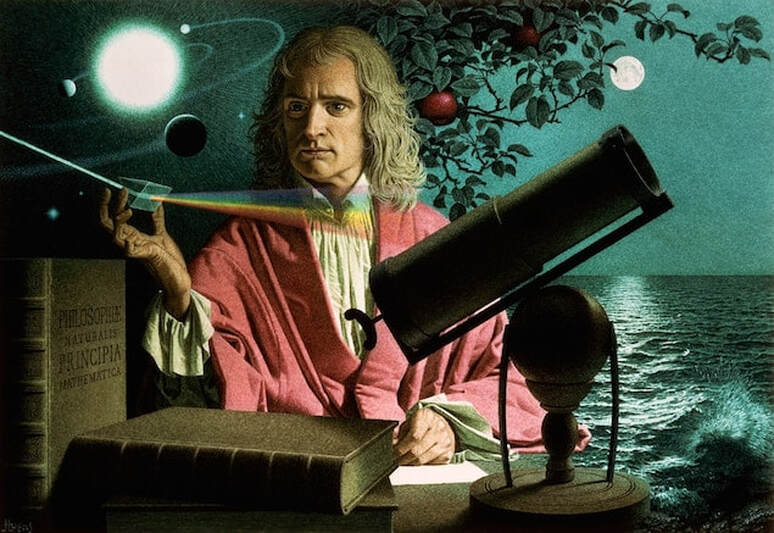

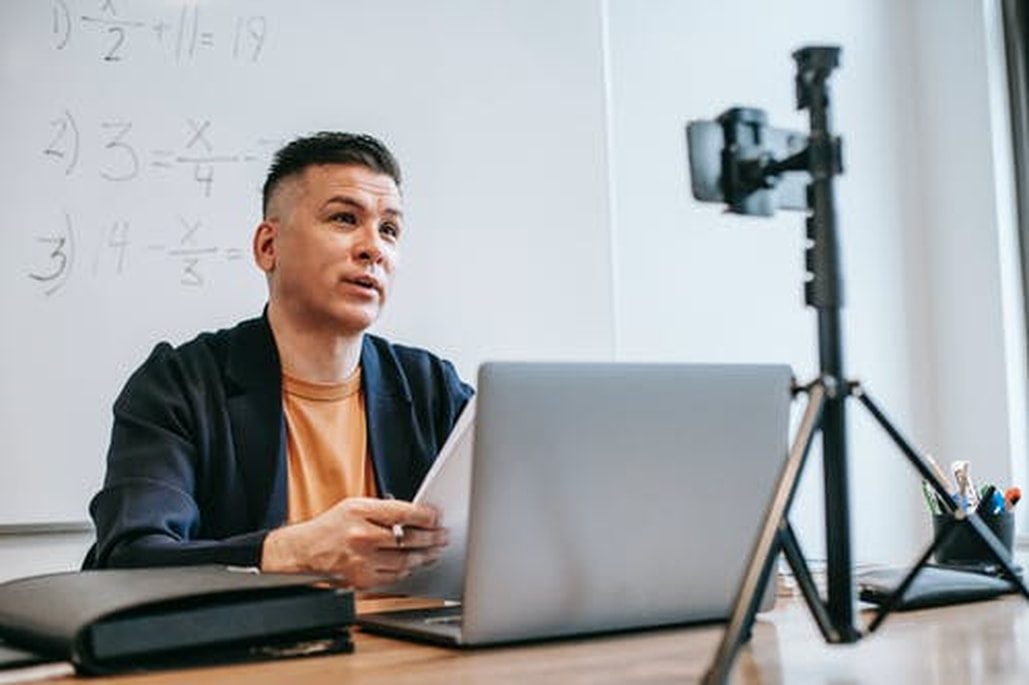
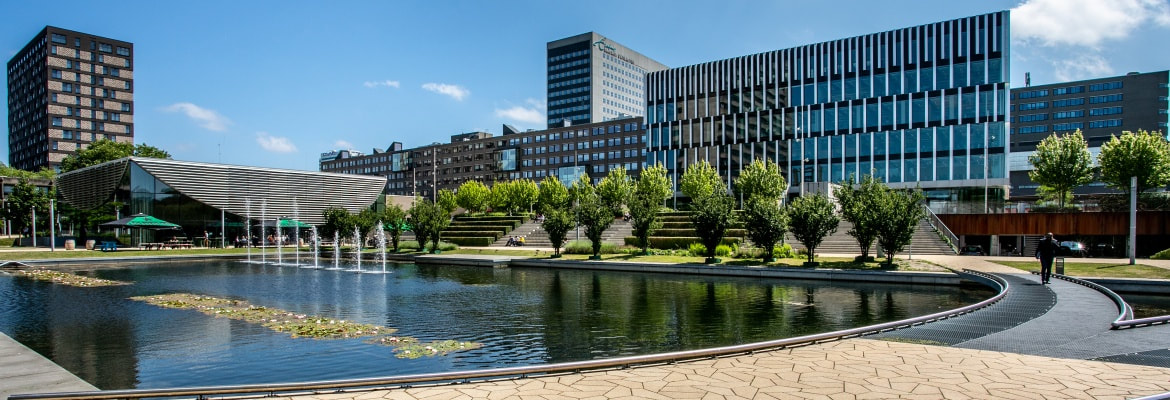


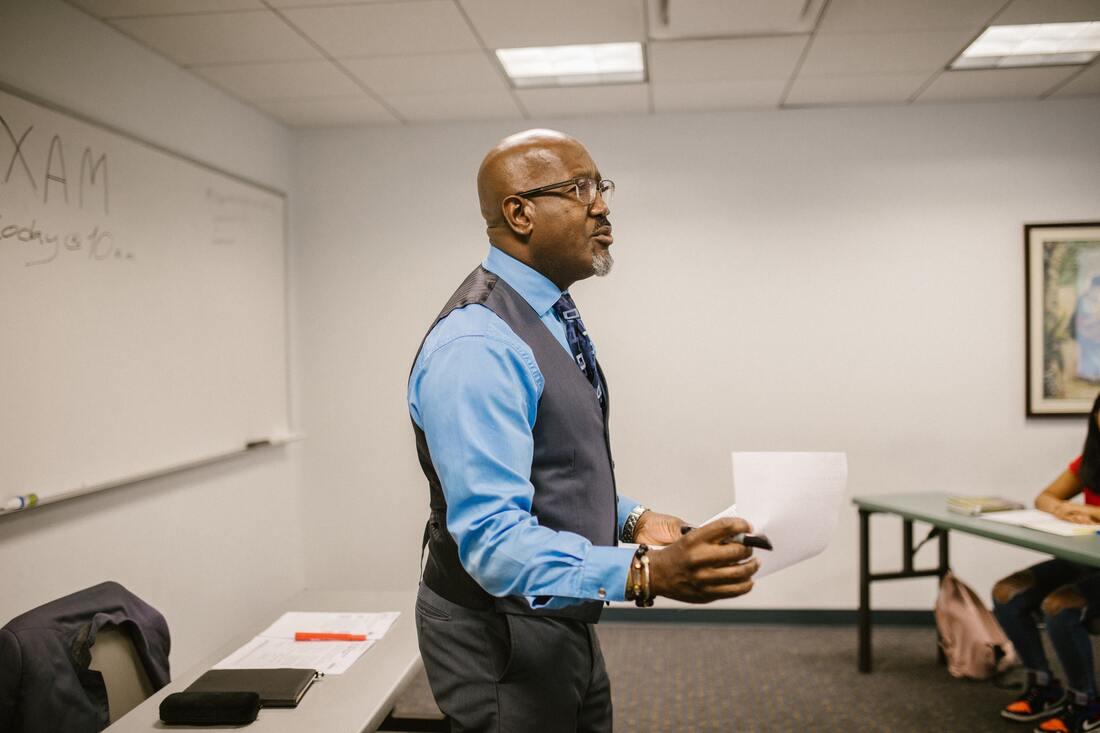
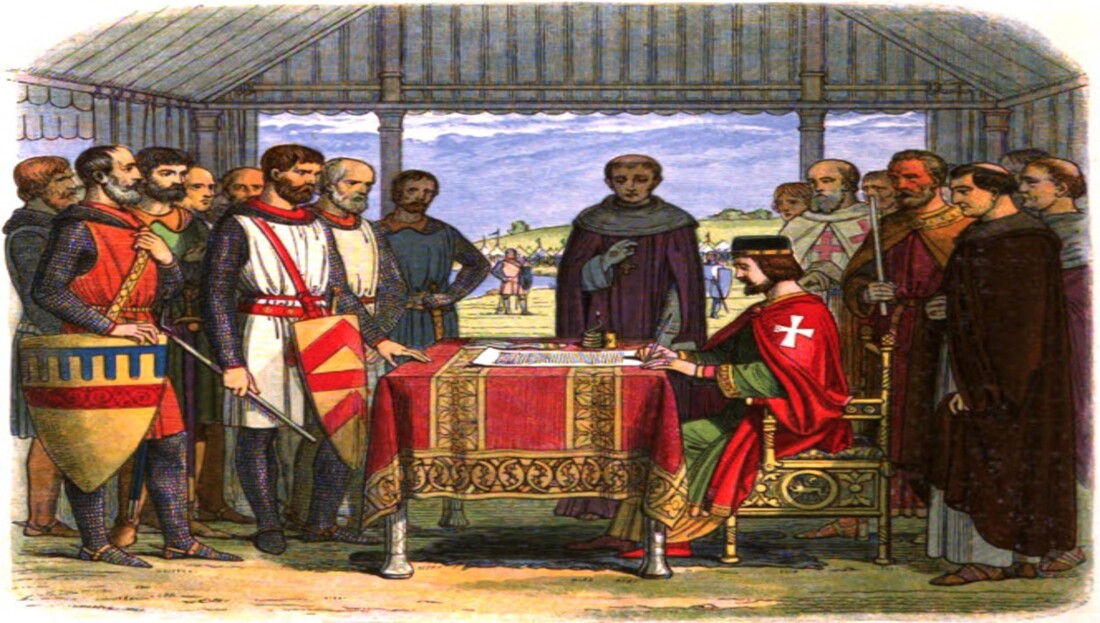
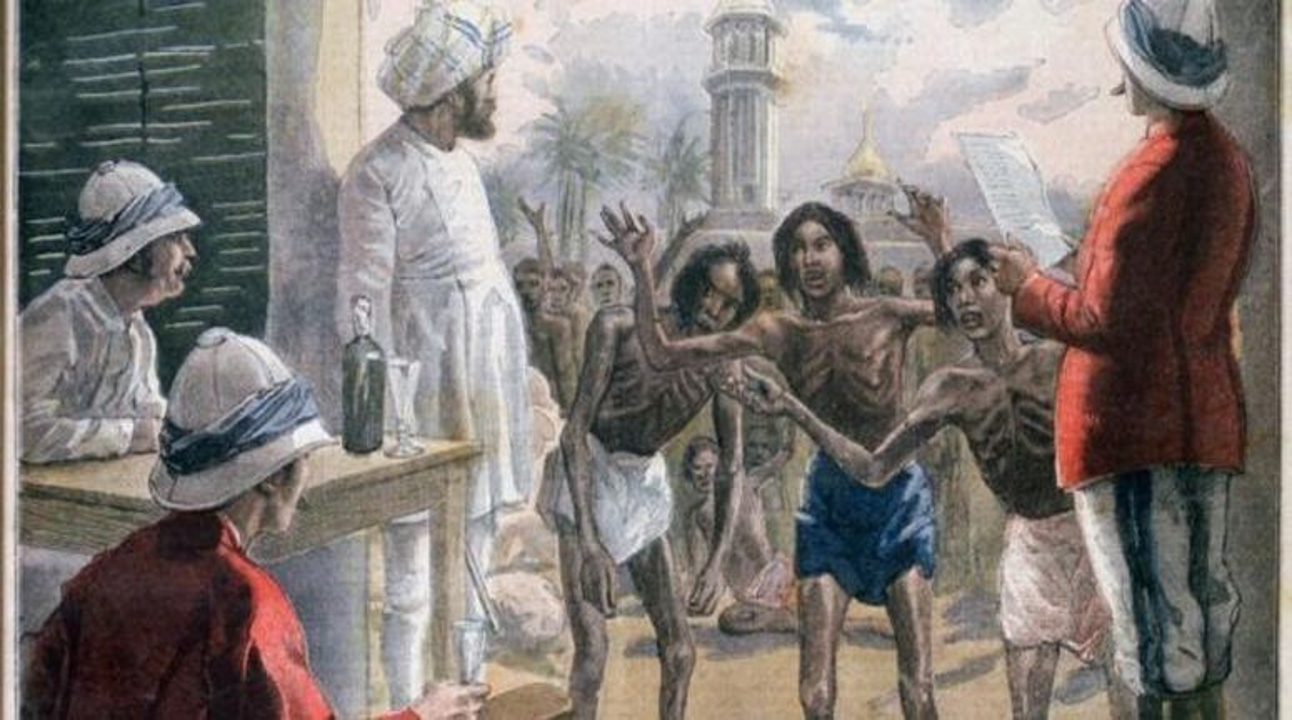
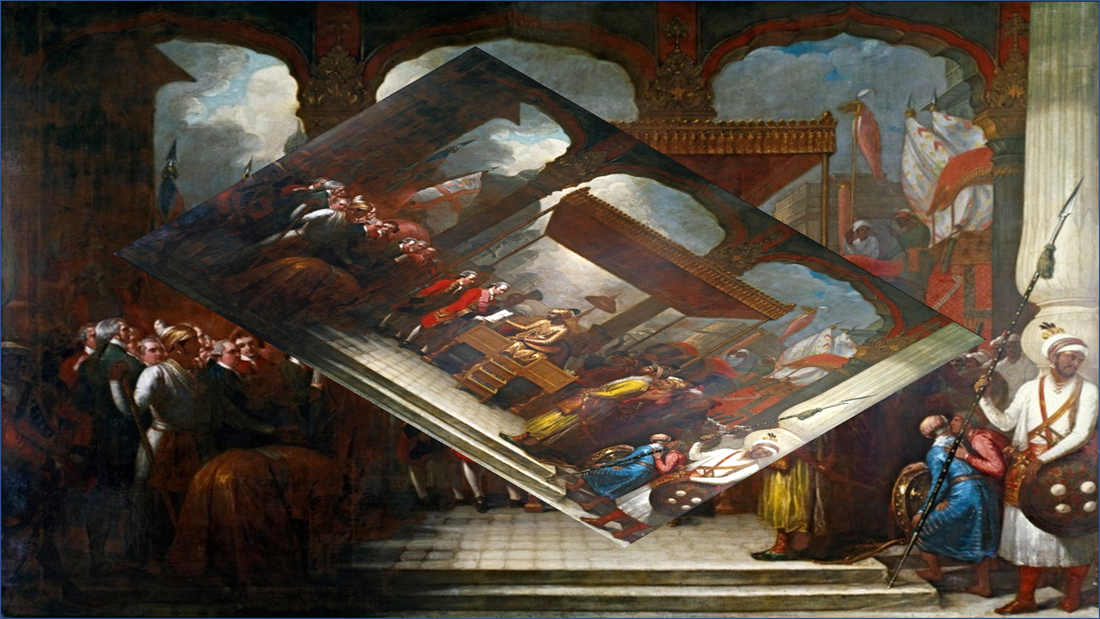




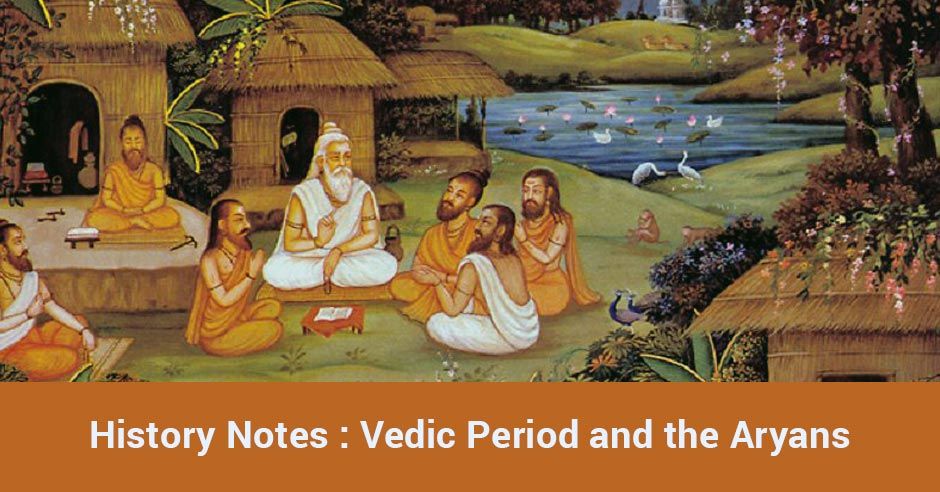

 RSS Feed
RSS Feed
